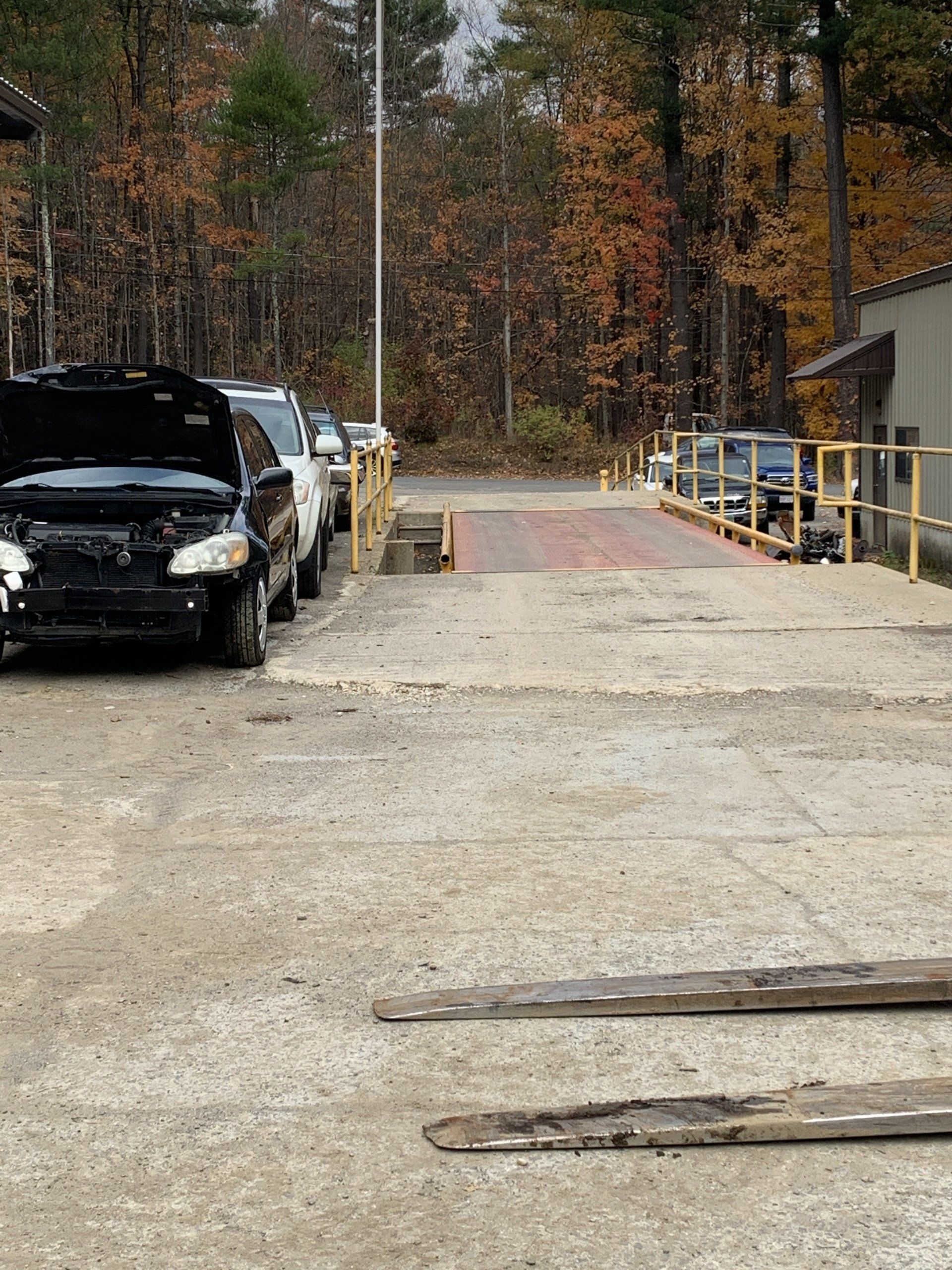COOL CARS …… for HOT DAYS
Do you want to drive a COOL CAR this summer?

The simple task of performing preventative maintenance on your vehicle’s air conditioning system can increase your chances.
In this article found at www.VehicleMD.com we are reminded that proper care and maintenance can increase the life and reliability of your automobile’s A/C system when you most need it, during the hot summer months.
___________________________________________________________________________
ARTICLE BY LAUREN HENDERSON – JULY EDITION OF VEHICLE MD
Longer days, outdoor concerts and the sound of neighborhood moms and dads calling their kids in for dinner; all signs that summer has indeed arrived. Most of us long for summertime all winter. When it finally gets here, it wastes no time reminding us sweltering heat and sunburns are also part of the deal. Even still, we put on ball caps, slap on sunscreen and stick to our convictions—summer is the best season of all.
Jumping in a lake or pool is the greatest—and arguably most fun—way to cool off when it’s hot outside. Unfortunately, life doesn’t stop when school lets out. You’ll need to rely on your vehicle’s air conditioning for a reprieve from the heat as you drop the kids off at various camps or drive to and from work. Nothing is worse than the car’s A/C being on and the vents blowing hot air. There are several things you can do—and ask about—the next time you take your vehicle in for service to make sure you stay cool all summer long.
Turn it on
Even when you don’t need A/C—like during the ridiculously cold winter we had last year—your vehicle still needs you to turn the cool air on for a few minutes per week.
The A/C system removes hot air in addition to pumping cold air into the vehicle. To do that, it must rely on several different mechanical components. Consistently running the A/C will ensure the hoses, valves and pumps—all essential parts of the A/C system—stay well lubricated and ready for use when temperatures outside begin to warm up.
Check the refrigerant
Refrigerant checks are not always included in your owner’s manual’s maintenance schedule. Make sure you ask your technician to check the refrigerant levels in your car. If you notice the air coming out of your vents isn’t cold—or isn’t as cold as you think it should be—recharging the A/C system with the appropriate manufacturer-recommended refrigerant and to the recommended capacity could solve the problem.
Get it serviced
Consider asking your technician about a full A/C service. It’s a good idea to have this completed once a year—ideally before the hotter months hit—so you don’t find yourself without A/C when you need it most.
Most standard A/C service checks include a visual inspection, temperature analysis, pressure readings, refrigerant top-off and a leak test to make sure all your system lines and hoses are leak free.
An A/C service can help you find the issue if you’re already noticing problems with your system or alert you of a problem so you can fix it before it becomes worse.
Cabin check
Special sanitizing treatments can help remove foul smells coming from your vehicle’s vents, so can a clean cabin air filter.
The cabin air filter can become clogged with annoying allergens in addition to dirt, dust and debris. Circulating pollen and harmful spores through your vehicle’s cabin air filter can be a problem for passengers with asthma or allergies.
A cabin air filter filled with dirt and dust can decrease the airflow coming from your vents, and, in extreme cases, it can even cause the A/C system to fail.
Check your owner’s manual to see when yours should be replaced. Usually it’s once a year. Ask your technician to check your cabin air filter to see if it needs replacement. You may be surprised at what you find trapped in there!
What’s new and cool
It’s always a good idea to stay familiar with new and important standards. After all, vehicles are historically one of people’s biggest expenses. If you’ve purchased a new vehicle in the past two years, your car may have a different kind of refrigerant inside its A/C compressor than the R-134a of years past.
According to Automotive News , automakers have begun using a new type of refrigerant called R-1234yf in later model vehicles like Cadillac XTS, Chevrolet Spark EV, Chrysler 300, Dodge Challenger, Honda Fit EV, Jeep Cherokee and Range Rover.
“Previously, vehicles used HFC-134a. HFC-134a is a high global warming potential material that is currently being phased out because it contributes to global warming,” said Luc Morvillier global business manager for Honeywell refrigerants.
Instead, manufacturers are adopting R-1234yf to comply with environmental regulations and the demand for higher efficiency. According to Honeywell, all new cars sold in Europe after January 1, 2017 must have an air conditioning refrigerant with a global warming potential below 150 starting in 2017.
The new R-1234yf refrigerant doesn’t only mean better things for the environment, it means good things for you, too. Even though R-1234yf promises lower greenhouse gas emissions and to linger less in the atmosphere, it still cools as effectively. This means you won’t have to sacrifice your comfort for the environment now or in the future.
“Car owners can rest assured, you won’t see a performance difference if your air conditioning system uses R-1234yf,” Morvillier said.
After extensive research and testing, Honeywell indicated that R-1234yf is safe for you and your vehicle’s passengers, too.
Ask your technician what kind of refrigerant your vehicle’s manufacturer recommends. Not only is it good to be a savvy consumer, it’s important to know what your car needs so you’re not wondering in the future.
Preventative maintenance is a must for every vehicle system. Whether it’s a tire rotation, oil change, fuel system cleaning or your vehicle’s A/C system, taking proper care of your car will increase the chance of your car taking care of you for a longer amount of time.
Summer brings with it lots of fun. Don’t let a bum A/C system get in the way. Find an open road and crank up the tunes—and the A/C.
___________________________________________________________________________
Info found at http://www.vehiclemd.com
Photo found at http://www.thedetroitbureau.com
Photo found at http://www.girardatlarge.com












